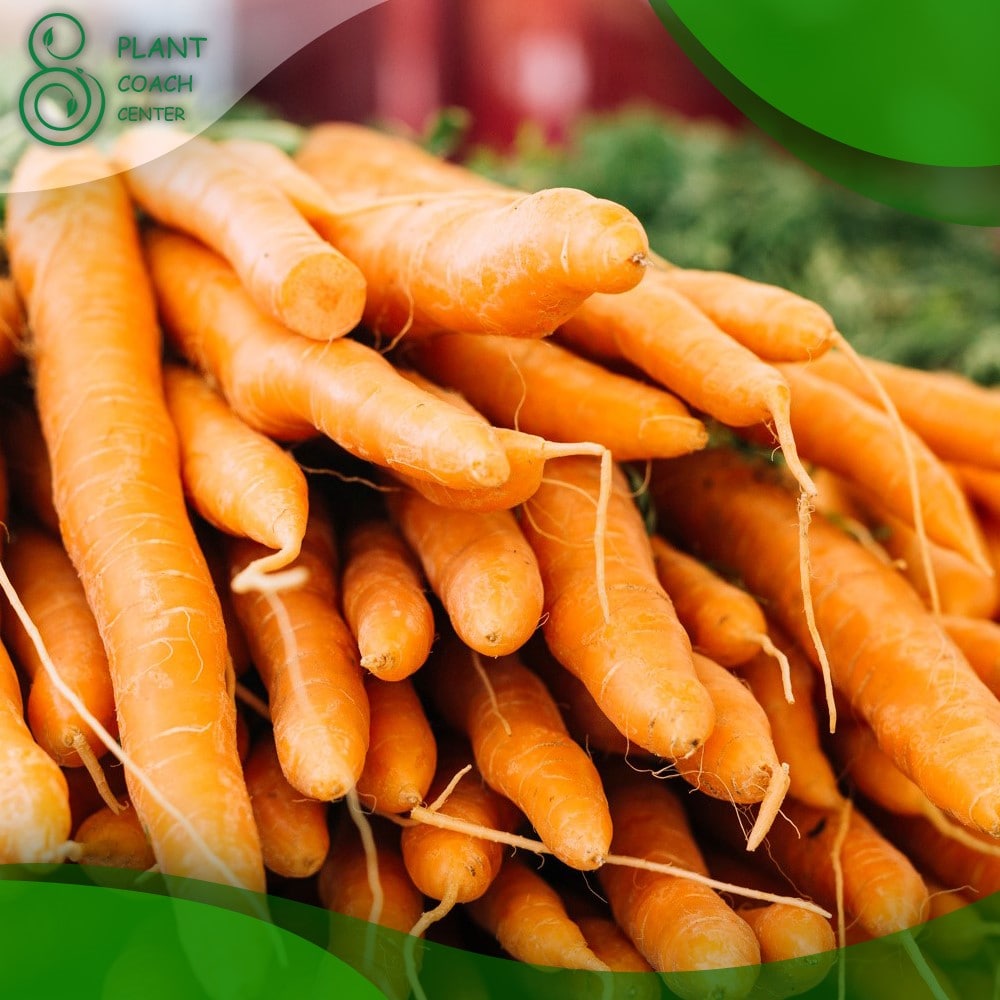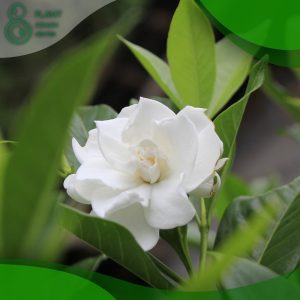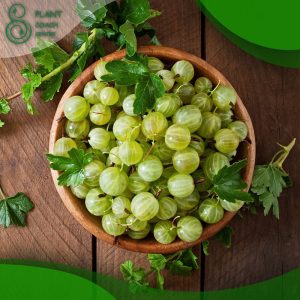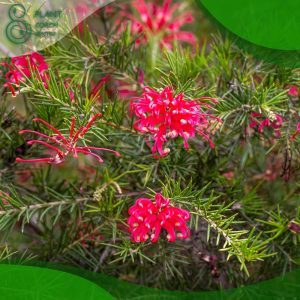When to Plant Carrots in Zone 6
Introduction
Are you looking to grow carrots in Zone 6? Knowing when to plant carrots is essential for a successful harvest. In this comprehensive guide, we’ll explore everything you need to know about planting carrots in Zone 6, including ideal growing conditions, factors to consider, and common plant problems. Plus, we’ll discuss the importance of plant coaching and how Plant Coach Center can help you achieve a thriving carrot garden.
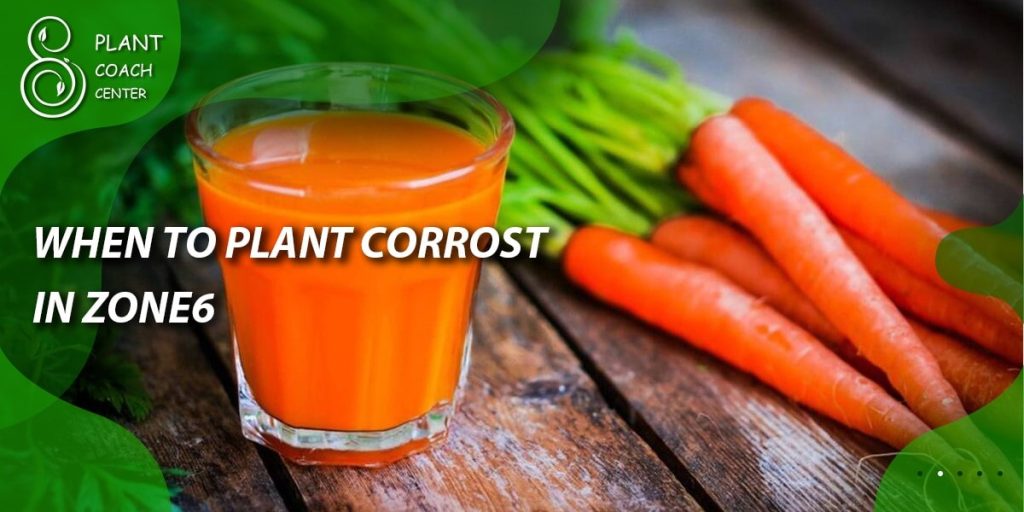
Understanding Carrots
Before we dive into when to plant carrots in Zone 6, let’s take a closer look at this popular root vegetable.
Different types of carrots and their characteristics: Carrots come in a variety of shapes, sizes, and colors. Some popular varieties include Nantes, Chantenay, and Danvers.
Nutritional value and health benefits of carrots: Carrots are an excellent source of vitamins, minerals, and antioxidants. They can improve eye health, boost immunity, and aid in digestion.
Soil and climate requirements for growing carrots: Carrots thrive in loose, well-drained soil that is rich in organic matter. They prefer cooler temperatures and can withstand light frosts.
Factors to Consider
Now that you understand the basics of carrots let’s explore the factors you need to consider when planting them in Zone 6.
Ideal growing conditions for carrots in Zone 6: Carrots in Zone 6 need full sun exposure, well-drained soil, and consistent moisture. The average temperature should be between 60°F to 65°F.
Best time to plant carrots in Zone 6: The ideal time to plant carrots in Zone 6 is in early spring or late summer. Fall planting is also an option if you want to harvest carrots in the winter.
Soil preparation and fertilization tips: Prepare the soil by removing rocks and debris, tilling the earth, and adding compost or aged manure. Avoid using fresh manure as it can cause root deformities in carrots.
Watering and irrigation techniques for carrots: Carrots need consistent moisture to grow properly. Water deeply once a week or more often during hot, dry weather.
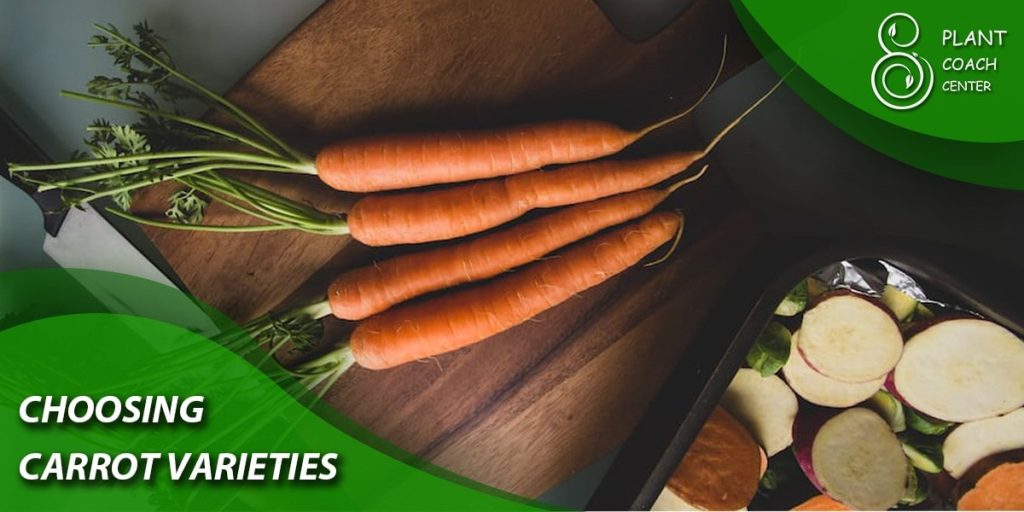
Choosing Carrot Varieties
There are many carrot varieties to choose from, but not all will thrive in Zone 6. Consider the following when selecting carrot varieties:
Popular carrot varieties that grow well in Zone 6: Some popular varieties that do well in Zone 6 include Scarlet Nantes, Oxheart, and Imperator.
Factors to consider when selecting carrot varieties: Consider the soil type, climate, and intended use of the carrots when selecting varieties.
Companion planting options for carrots: Carrots grow well with many other vegetables, including onions, lettuce, and radishes.
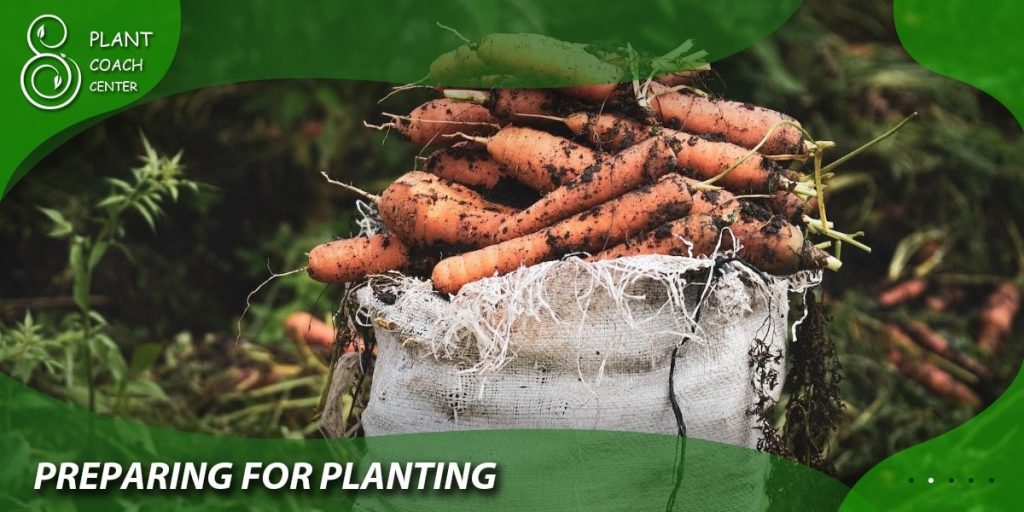
Preparing for Planting
Now that you’ve selected your carrot varieties, it’s time to prepare for planting.
Seed selection and preparation techniques: Choose high-quality carrot seeds that are fresh, plump, and free of disease. Soak the seeds in water for a few hours before planting to help with germination.
Container gardening for carrots: Carrots can be grown in containers if the soil is well-drained and deep enough for the roots to grow.
Tips for starting seeds indoors: Start carrot seeds indoors 2-3 weeks before the last expected frost date for an early start.
Common mistakes to avoid when planting carrots: Avoid planting carrots too close together, over-fertilizing, and under-watering the plants.
Preparing for Planting
When to Plant Carrots in Zone 6
Now that you’ve prepared for planting, it’s time to discuss the best times to plant carrots in Zone 6.
Spring planting guide for carrots in Zone 6: Plant carrots in early spring, 2-4 weeks before the last expected frost date. Carrots take 70-80 days to mature.
Summer planting guide for carrots in Zone 6: Plant carrots in late summer, 10-12 weeks before the first expected frost date. Carrots take 70-80 days to mature.
Fall planting guide for carrots in Zone 6: Plant carrots in late summer to early fall, 8-10 weeks before the first expected frost date. Carrots take 70-80 days to mature.
Winter planting guide for carrots in Zone 6: Plant carrots in a cold frame or unheated greenhouse in late fall for a winter harvest.
Carrot Care and Maintenance
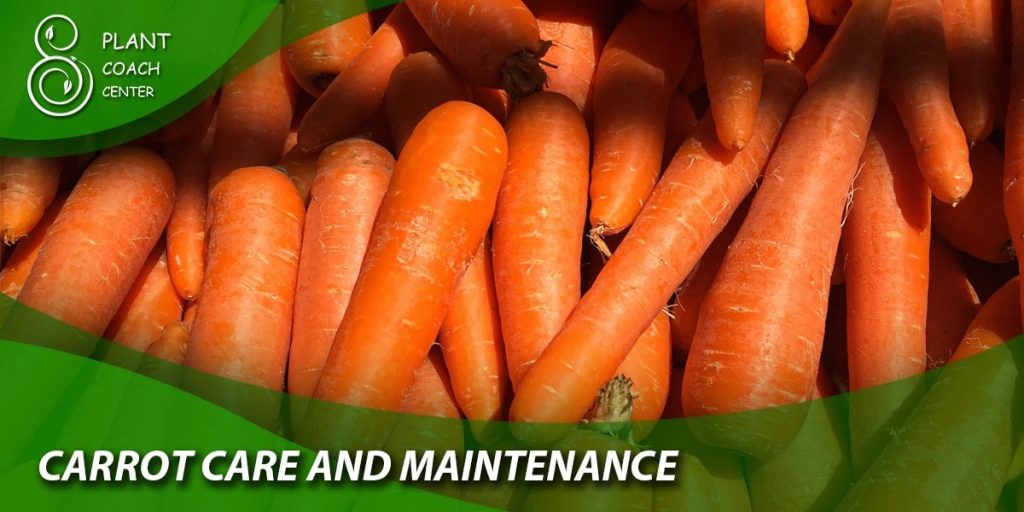
Once your carrots are planted, it’s important to provide them with proper care and maintenance.
Fertilization and soil management for carrots: Fertilize carrots with a balanced fertilizer once a month during the growing season. Avoid over-fertilizing, as this can cause forked or deformed roots.
Pest control and disease prevention for carrots: Common pests that affect carrots include carrot rust flies, aphids, and cutworms. Diseases that affect carrots include root rot and powdery mildew.
Harvesting and storage techniques for carrots: Harvest carrots when they reach their mature size and color. Store carrots in a cool, dark place for up to six months.
Crop rotation and sustainability practices for carrots: Rotate carrot crops every three years to prevent soil-borne diseases and pests.Common Carrot Problems and Solutions
Despite your best efforts, you may encounter some common problems when growing carrots in Zone 6. Here are some of the most common issues and their solutions:
Nutrient deficiencies in carrots: Carrots may suffer from nutrient deficiencies, such as nitrogen, phosphorus, or potassium. Apply a balanced fertilizer to the soil to correct these deficiencies.
Pest infestations in carrots: Carrot rust flies, aphids, and cutworms are common pests that can damage carrot crops. Use insecticidal soap or neem oil to control these pests.
Diseases that affect carrots: Root rot and powdery mildew are two common diseases that affect carrots. To prevent these diseases, ensure proper soil drainage, avoid overwatering, and practice crop rotation.
Environmental factors that affect carrot growth: Environmental factors such as temperature, sunlight, and soil moisture can affect carrot growth. Provide consistent moisture, proper sunlight exposure, and protect the plants from extreme temperature fluctuations.
Troubleshooting Tips
Identifying and addressing problems early on is key to a successful carrot harvest. Here are some troubleshooting tips to help you address common problems:
Identifying common carrot problems: Keep an eye out for stunted growth, yellow leaves, and wilting. These may indicate nutrient deficiencies, pest infestations, or diseases.
Preventative measures for carrot problems: Practice crop rotation, use high-quality seeds, and provide proper soil drainage and moisture to prevent problems before they occur.
Treatment options for carrot problems: Use organic or chemical controls based on the severity of the problem. Consider using beneficial insects or companion planting to control pests.
Plant Coaching for Carrots
Plant coaching can help you achieve a thriving carrot garden by providing personalized guidance and support. Plant Coach Center offers a range of tools and resources to help you grow healthy, productive carrot crops.
Importance of plant coaching for successful gardening: Plant coaching can help you avoid common mistakes, address problems early on, and achieve optimal plant health.
Benefits of personalized coaching for growing carrots: Personalized coaching can help you tailor your growing approach to your specific needs and circumstances, resulting in a more successful harvest.
Plant Coach Center’s coaching tools and resources for growing carrots: Plant Coach Center offers a range of resources, including personalized coaching, online courses, and a community of like-minded gardeners to support your journey.
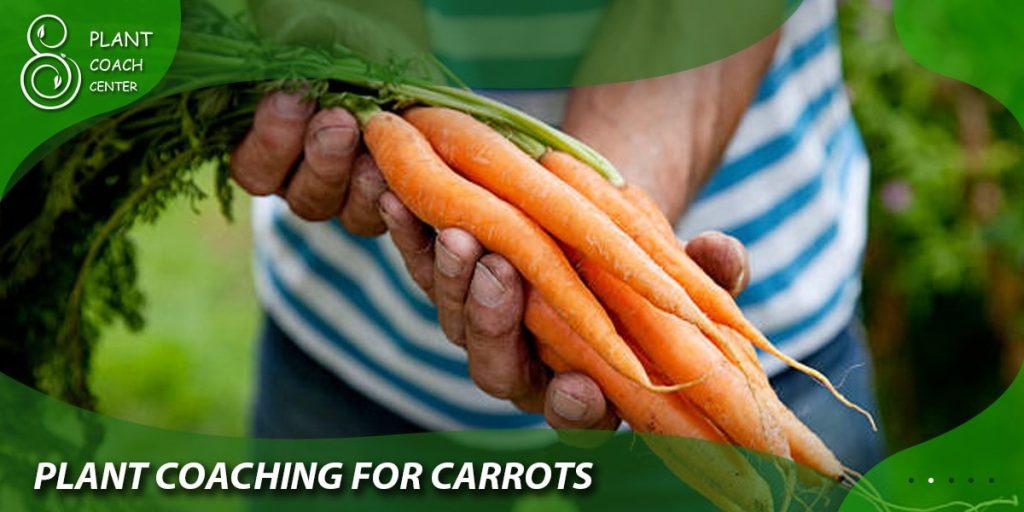
Conclusion
Growing carrots in Zone 6 can be a rewarding experience, but it requires careful planning and attention to detail. By understanding the ideal growing conditions, selecting the right carrot varieties, and providing proper care and maintenance, you can achieve a successful harvest. Remember to keep an eye out for common problems and consider plant coaching through Plant Coach Center for personalized support. Happy gardening!
When should I plant carrots in zone 6?
Spring or early fall.
What is the best time to sow carrot seeds in zone 6?
Late March to early May and late August to early September.
Can I plant carrots in zone 6 during the summer?
It's not recommended as carrots prefer cooler temperatures.
When should I harvest carrots planted in zone 6?
Carrots can be harvested approximately 60 to 80 days after planting, depending on the variety.


